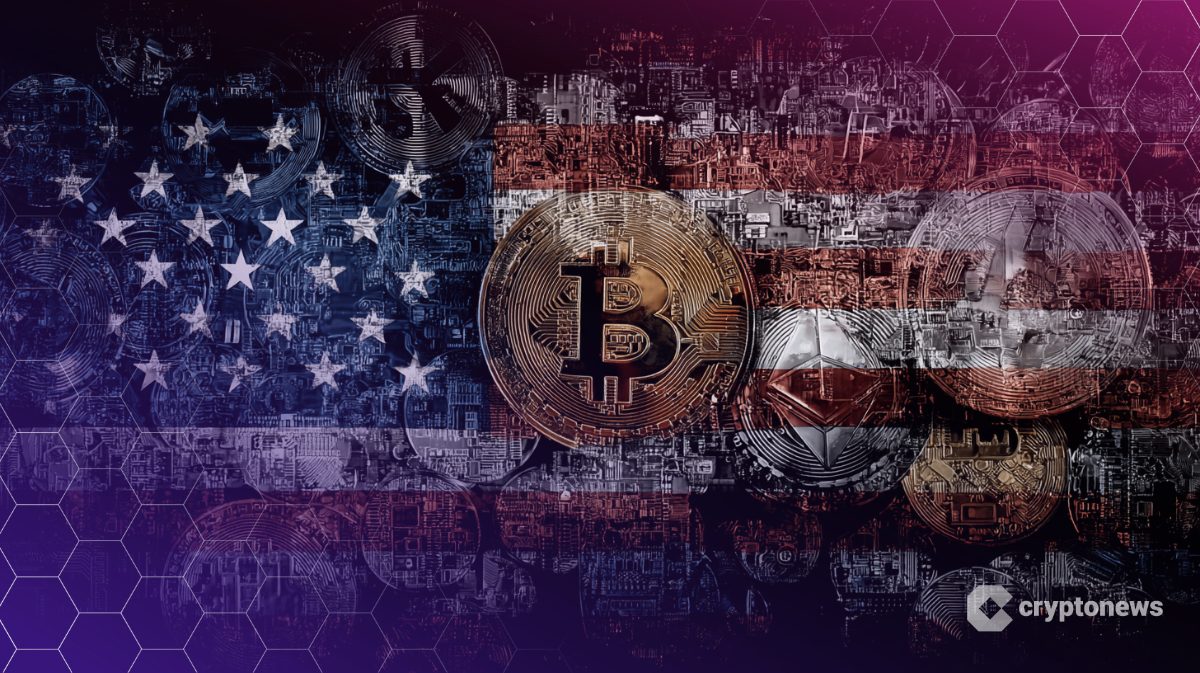Stablecoin Speculation Triggers Swings, Hong Kong SFC and HKMA Caution Investors
Key Takeaways:
- Global stablecoin policy approaches vary, creating potential competitive advantages for certain jurisdictions.
- Issuers may adjust their base of operations based on regulatory timelines and operational flexibility.
- Cross-border stablecoin adoption could be influenced by regional licensing requirements and compliance costs.
The Securities and Futures Commission (SFC) and the Hong Kong Monetary Authority (HKMA) have issued a joint statement cautioning investors about sharp market movements linked to stablecoin-related announcements.
The statement, published on August 14, comes amid price swings triggered by corporate disclosures, media coverage, social media posts, and speculation over potential stablecoin licensing in the city.
Strict Stablecoin Licensing Criteria in Hong Kong
The regulators noted that some claims have referenced recent communications with financial authorities, but stressed that such interactions form only part of the licensing process. The HKMA said approval depends on meeting high thresholds set under its stablecoin issuer framework.
“An indication of interest or application for a stablecoin licence, and the HKMA’s communication with the interested entities are just part of the licensing process,” the HKMA said. “The granting of a licence will be determined by the fulfilment of the licensing criteria.”
The SFC and HKMA warned that preliminary plans or licence applications often carry considerable uncertainty.
They said market volatility driven by speculation can prompt irrational investor decisions, leading to unnecessary financial risks. The agencies urged the public to conduct thorough research and avoid basing investment choices on price momentum or market hype.
SFC Executive Warns of Volatility
SFC Chief Executive Officer Julia Leung said investors should be wary of unsubstantiated claims, particularly on social media.
“They should always be mindful of the misleading prospects of gains from short-term price volatility,” she said, adding that the SFC will continue monitoring market activity and take enforcement action against manipulative or deceptive conduct.
HKMA Chief Executive Eddie Yue said only a small number of stablecoin licences will be granted initially. He confirmed that the authority has engaged with dozens of parties interested in licensing, but stressed that such contact does not indicate approval or endorsement of any applicant’s prospects.
The regulators also reminded market participants to avoid public statements that could mislead investors or create unrealistic expectations, demonstrating that safeguarding market integrity remains a shared priority.
With Hong Kong moving forward with its regime, market participants may increasingly compare approval timelines, compliance costs, and operational flexibility across regions—factors that could influence where major issuers choose to base their activities and how cross-border stablecoin use evolves.
Frequently Asked Questions (FAQs)
Approaches range from comprehensive licensing regimes in Singapore and the EU to more fragmented state-level oversight in the U.S.
Yes. Divergent rules may create regional ecosystems with limited interoperability, affecting liquidity and cross-border transaction efficiency.
Issuers typically consider regulatory clarity, licensing speed, capital requirements, and the jurisdiction’s openness to digital asset innovation.
If multiple jurisdictions align on technical and compliance standards, stablecoins could see broader use in international trade and remittances.
Yes. Stronger oversight can improve disclosure and safeguard measures, but may also increase operational costs for issuers.
Vous aimerez peut-être aussi

Mesh Funding Tops $130M to Expand Crypto Payment Infrastructure

Treasury Secretary Scott Bessent Says U.S. Will Not Buy Bitcoin For Strategic Reserve: Fox News
